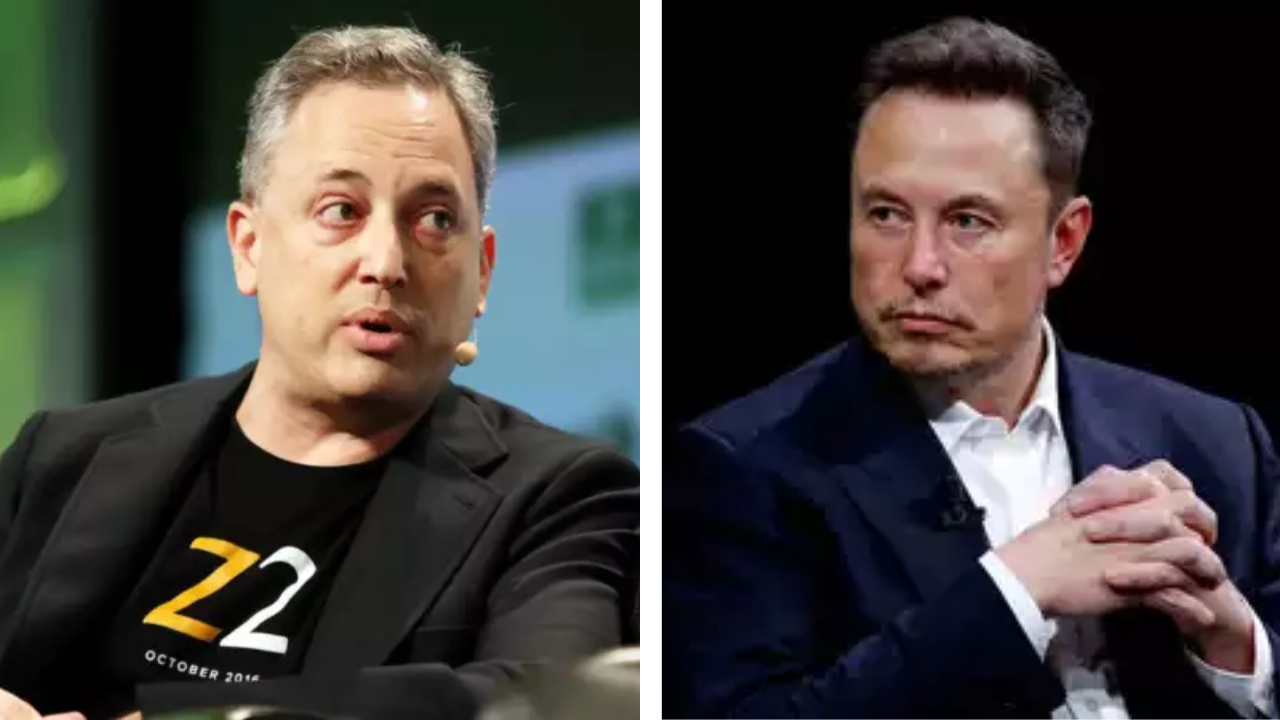I came here for Herring's take on Musk endorsing AfD. I read Joyce Vance's take, but I imagine Herring's would be helpful too.
The craziest thing about this "let's bring in exceptional immigrants" business is that it's the *actual* "they're stealing our jobs" threat that they've been using to amplify zenophobia in their base to secure political loyalty (while campaigning they were talking about the jobs that no Americans want anyway; now Musk is directly endorsing giving the jobs Americans DO want to immigrants). And it's from the shitty "college isn't for everyone" party that wants to defund public education. Let's let other countries use tax dollars to make people 'exceptional', and then we can just import them for free - instead of investing in the education of people who are already here. I mean, we're going to need people to fill all the menial labor job openings after mass exportations. Prison labor can only go so far. (Side note, in case it wasnt mentioned here: privatized prison stock skyrocketed the day after Trump won the election).
There are some additional dimensions to this question.
1. Oftentimes there IS no U.S. citizen with the skills to take on some highly specialized job, usually in STEM. I agree that more needs to be done to encourage American students to pursue STEM topics, especially at the graduate level. This is not simply a matter of consistent funding, but also ensuring American students have adequate preparation to succeed in these fields, as well as giving them the motivation and stamina to do it. As someone with advanced STEM degrees, I know how much work it is. As someone who has taught in this area, I have noted a decline in the ability or perhaps readiness of American students to wrestle with very challenging material and research activities. It will take a multifaceted and sustained approach to turn this around. In the meantime, positions will either go empty, be filled by people who are not up to the task, or be filled by foreigners, often those who have come here to study and want now to work in their field.
2. All that being said, many jobs in STEM fields are in the defense sector, where employers are not allowed to hire people on work visas, however good their skills. The national security implications of this have still not been enough to motivate the development of domestic talent I described above.
3. The "college isn't for everyone" argument should not be dismissed as just a tactic to defund public education. The most important public education is K-12 school, which affects all students. College isn't for everyone, and isn't for every job either. Many jobs currently require applicants to have a college degree when it really isn't needed to do the work. This just pushes more people to enroll to get the paper credential, pushing up costs and devaluing the product received. We need more investment and exposure to opportunities in skilled trades, and specialized job training programs, e.g. for medical assistants and computer technicians. Community colleges have stepped up to offer many of these programs, so if we include them in "college" then perhaps "college is for most" would be fair to say. Traditional 4-year academic university education, though, isn't.

 timesofindia.indiatimes.com
timesofindia.indiatimes.com


